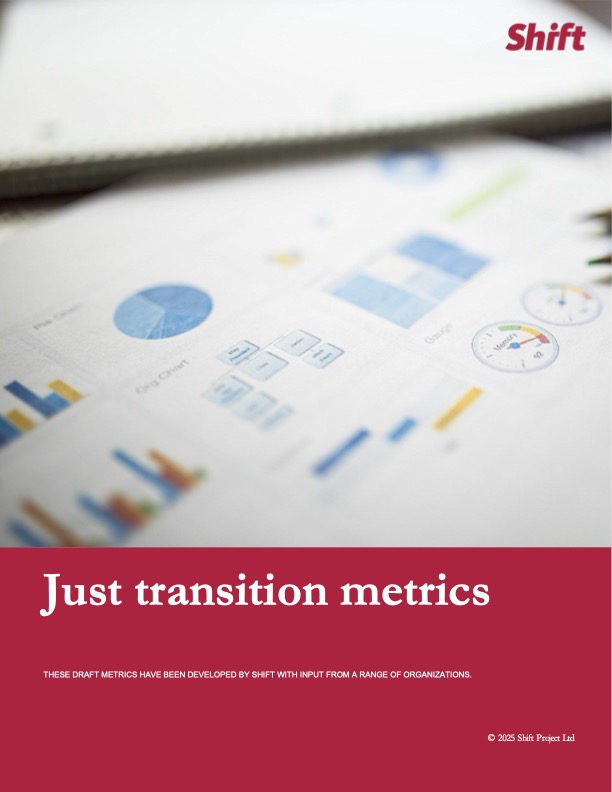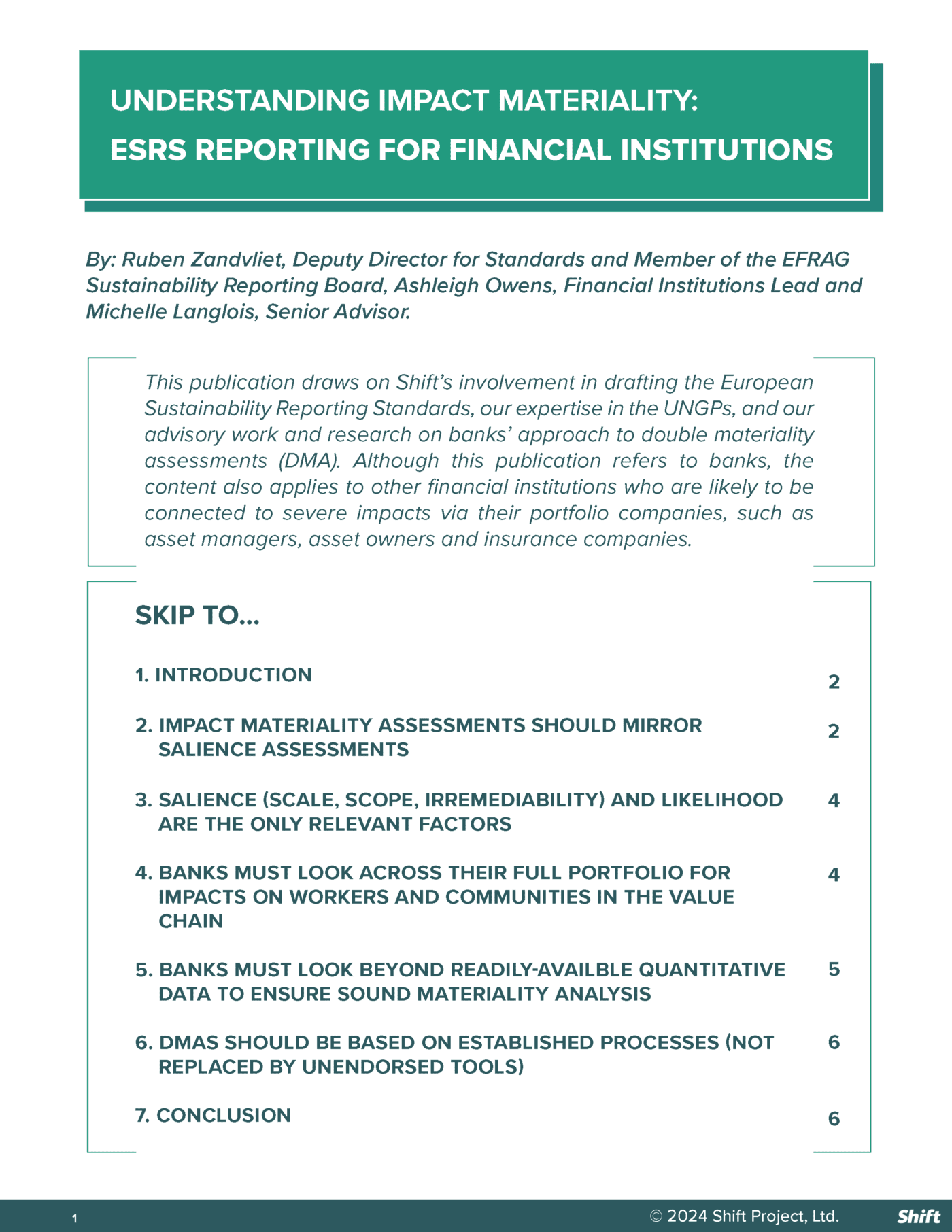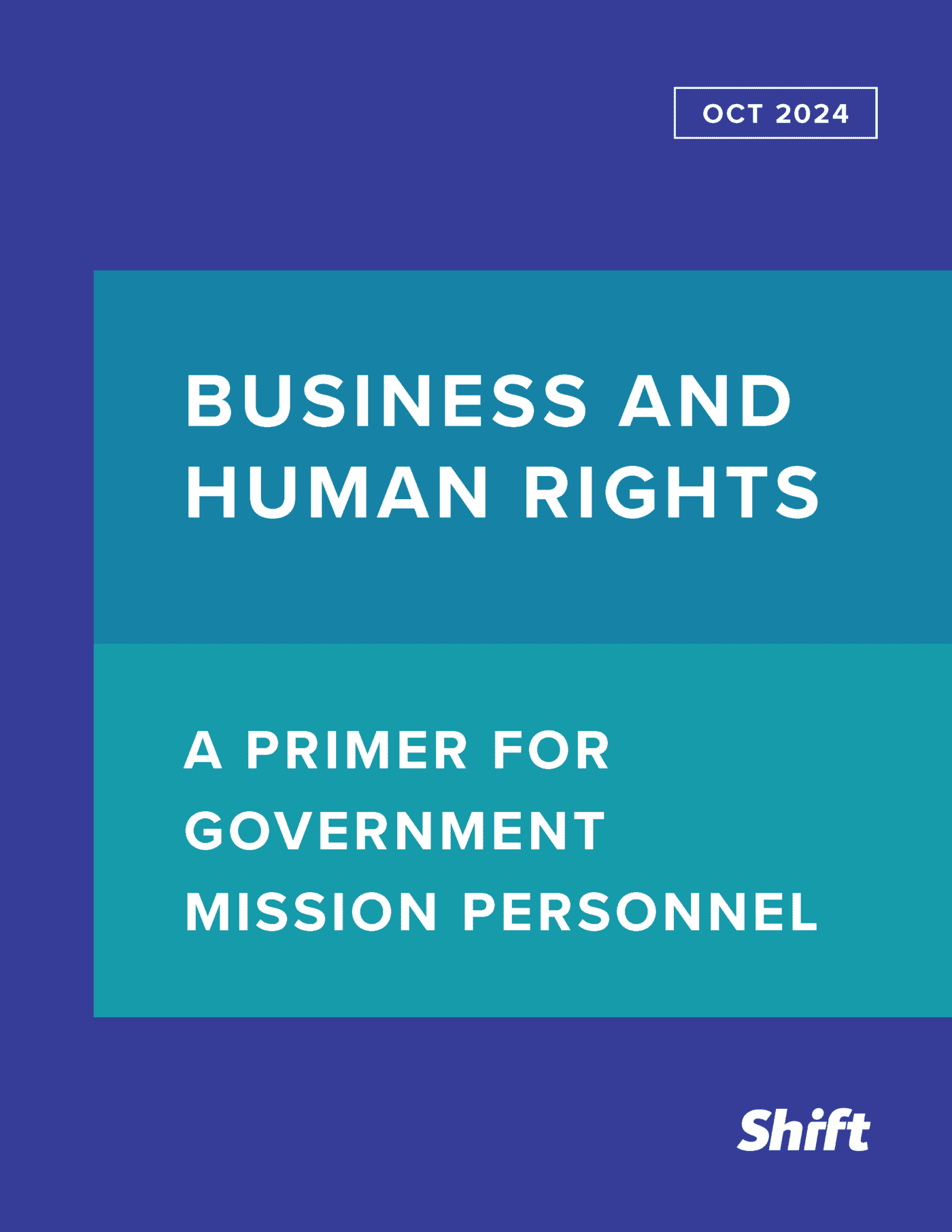The global mining industry is a large, profitable sector, with a particularly strong presence in Canada. Revenue from the top 40 global mining companies, 15% of which are Canadian, amounted to more than $600 billion in 2017. Additionally, 57% of the world’s public mining companies are listed on the Toronto Stock Exchange (TSX).
In contrast to the global mining industry’s financial achievements, its activities across many regions are often criticized for negative impacts on human rights, including long-term health impacts, violations of indigenous peoples’ rights, forced displacement, and harm to local communities. Canada’s own mining sector has allegedly contributed to numerous human rights abuses around the world (such as increased violence near mining sites, threats to the rights of children, and environmental harms).
Promisingly, however, the Canadian government is increasingly focused on responsible international corporate activity. In January 2018, Canada’s Ministry of Trade announced a new independent function—the Canadian Ombudsperson for Responsible Enterprise (CORE)—to investigate human rights abuses connected to corporate activity abroad. (The Ombudsperson has yet to be appointed.) Additionally, the Ministry created a multi-stakeholder Advisory Body -with John Ruggie (who chairs Shift’s Board of Trustees) serving as Honorary Chair- to advise the government and the CORE on responsible international business conduct. Meanwhile, a proposed Modern Slavery Bill, currently up for discussion in the House of Commons, would require enhanced annual reporting by business, and impose fines on companies not engaging in due diligence on modern slavery and child labour.
The majority of the companies we analyzed are failing to communicate a comprehensive narrative around human rights, cherry-picking instead a limited set of issues.
Given the long history of human rights impacts associated with the mining industry and these changes in Canada’s regulatory framework, Shift has analyzed the human rights disclosure of 18 of the top TSX-listed Canadian mining companies.
Our aim is to highlight opportunities, as suggested by the companies’ own reporting, for improving how they address human rights risks and impacts.
Shift’s methodology is two-fold: first, our team maps companies’ human rights reporting against the expectation that companies know and show how they respect for human rights, as set out in the UN Guiding Principles on Business and Human Rights (UNGPs). We analyze this using the UNGP Reporting Framework, the world’s first comprehensive guidance for company reporting on respect for human rights. Next, we apply Shift’s unique maturity analysis, establishing indicators of mature reporting, and distinguishing laggards from leaders along a tiered maturity scale. While we recognize that reporting is not a mirror of companies’ actual performance in this area, it is an important window into the company’s approach and practices, giving insight into likely strengths, weaknesses, and gaps.
Our team identified notable trends in
conducting this research, some of which were comparable to those in
previous analyses of other industries available in the UNGP Reporting Database.
However, Shift found that the overall maturity of reporting by Canadian
mining companies is slightly lower than for other industries already
assessed. The majority of the companies we analyzed are failing to
communicate a comprehensive narrative around human rights,
cherry-picking instead a limited set of human rights issues without
justifying their selection, or reporting in general on sustainability
and corporate social responsibility issues without acknowledging their
specific responsibility to respect human rights.
Similarly, even
though some disclosure may highlight policies in place around human
rights, or even provide examples that demonstrate the company is
addressing some human rights concerns, most disclosure in this group
lacks a cohesive narrative, structure, and insight into how companies
understand, prioritize, and address risks to human rights connected with
their business. Of the 18 companies analyzed, only two solidly attained
Mature levels (4 out of 5 on Shift’s tiered maturity scale).
Both of these companies illustrated their strong human rights policy
commitments, reported on operational-level grievance mechanisms and
remedy provided for impacts, and provided robust information about
stakeholder engagement practices.

Based on the detailed findings outlined in our report, we produced a set of recommendations, some of which are highlighted below, and most of which can be applied more broadly across industries:
Highlighted Recommendations:
- Sharing a policy commitment is important, but only a first step: companies should also share how human rights policies are developed and communicated, and build on their policy commitments by identifying their specific salient human rights issues. Additionally, quality disclosure distinguishes between the management of human rights risks and philanthropic or charitable activities—and ensures the two are not conflated.
- Meaningful reporting is key to gaining stakeholders’ trust in a company’s ability to provide effective remedy. Thus, companies should disclose specific processes employed to address grievances, information about complaint outcomes, and details about independent reviews or oversight of grievance mechanisms.
- Insightful reporting requires frank and honest sharing of challenges faced by a company, and is bolstered by specific examples that shed light on a company’s approach to addressing them. Honest discussions can provide positive insights and confidence in a company’s ability and efforts to improve their performance, while a defensive narrative can decrease such confidence.
At Shift, we regularly see how reporting processes serve as a powerful driver of improved performance. We hope that these recommendations prove useful to Canadian mining companies, and in turn raise expectations for the sector as a whole, aiding mining companies in Canada and beyond in collectively improving their human rights reporting and performance. Read our full list of recommendations and analysis in, Human Rights Reporting in the Canadian Mining Sector: Maturity Trends and Insights.

 By Erika Piquero
By Erika Piquero



